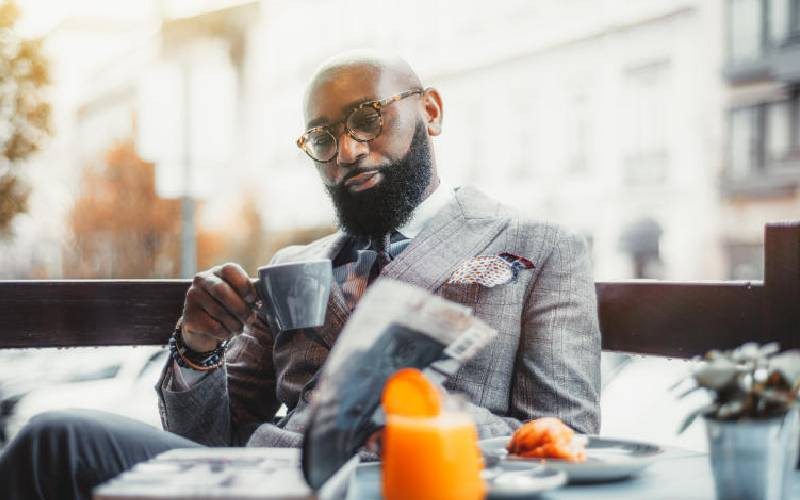×
The Standard e-Paper
Join Thousands Daily

On January 5, this year, Kenya Methodist University released a memo addressing the school's dress code. It gave a raft of tough conditions for students.
This elicited heated debate on Twitter with a prominent legislator tweeting: "This should be enforced by all universities and learning institutions. We are training leaders in various fields, not prostitutes!"